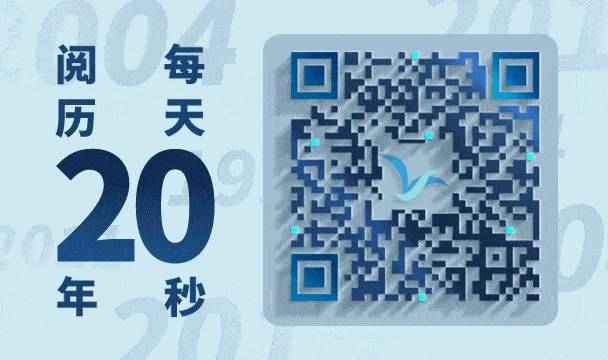2013: The Verdict of Fate
By SGSG
2013 was the first time in my life I felt completely cut off from the world.
I was 21.
Every visit to the physiotherapist began with the same ritual: crawling out of bed, getting into a taxi, and enduring the searing pain that came with each movement. My ankle was stitched and swollen like a drum. Every step felt like walking on knives.
To use the bathroom, I had to inch forward with crutches.
If someone knocked at the door, I could only crawl across the carpet, kneeling down each flight of stairs—three floors—just to open it.
It was a kind of survival stripped of dignity, stripped of boundaries.
I moved like a disabled person, my only support the softness of the floor beneath me.
We had just bought a new home.
The monthly mortgage hung over us like a knife.
The accident brought more than pain and risk of academic delay—it shattered my family’s finances. My mother bore the weight of it all, and I… I swallowed my tears, buried the pain deep into my body, and turned every groan into a silent painkiller.
It wasn’t that my parents didn’t love me.
It wasn’t that my younger brother was cruel.
It was just that I had long learned to carry weights no child should ever carry.
One afternoon, my 17-year-old brother said—without thinking—
“Why didn’t you just die in the accident?”
Like an arrow, it pierced me.
I knew he didn’t mean it.
But I closed my mouth and swallowed the tears.
In this house, aside from my mother, I was the only “unlicensed little adult” still standing.
My muffled sobs dissolved into the walls.
My soul cracked open, quietly.
Every day, I lived in a room with four walls and no way out.
I crawled down the stairs on my knees, step by step.
At night, I lay in bed frozen, staring at the ceiling.
Not a single tear would come.
I lived like a puppet—my soul detached, just a shell dragging itself through the rituals of living.
I didn’t even dare to cry out.
Not because the pain wasn’t real, but because there was no space to collapse.
My father was in China—his phone calls were either silent or urging me to “be strong.”
My mother came home past midnight, feet swollen, hands freezing, still cooking dinner.
No one had time for my breakdown.
Sometimes I would reach for my math textbooks.
I’d run my fingers across the pages—formulas, scribbled English notes—and whisper to myself,
“I have to stay alive. I haven’t made it to the graduation stage yet.”
That was the promise I had made with my childhood best friend:
One day, we would both walk across the stage at UBC or SFU, stand tall in a foreign land, and claim the life we deserved.
But fate was far crueler than I imagined.
It didn’t just rob me of the ability to walk properly.
It crushed the fragile hope I had only just begun to rebuild.
No longer through storm or fury—fate came in silence.
It crept in through delays, indifference, and slow unraveling.
I limped back to school on crutches.
The headaches, the chest pain came in waves.
I sat in the last row of the lecture hall, hands shaking, formulas swimming in front of me.
I told myself: Hold on. Just a little longer.
But I never told anyone that, on some nights,
I silently begged God:
“Please… let me leave this world.”
And then—
A classmate brought me a small folding table for my bed.
Another gave me a roll of beautifully wrapped paper.
Their kindness reminded me I wasn’t fully forgotten—not by the world, not by math, not by English, not yet.
That tiny desk reconnected me to something I had lost—
A rhythm, a reason, a spark.
Years later, those very people would hurt me in ways I didn’t expect.
But in that moment, they were the reason I kept going.
I remember each of their faces.
Wherever I am in this world, I owe them the fact that I’m still here.
I once thought I wouldn’t survive 2013.
But looking back, it didn’t kill me.
It simply seared my bones red-hot, like iron in fire,
and forged me into someone else—
Not stronger, but sharper.
Since that year, I’ve come to understand:
Sometimes, pain isn’t there to be healed.
It’s there to be remembered.
Some people—if they didn’t hold your hand when you were drowning—
You don’t need to remember their faces.
And some promises, like
“standing on stage on graduation day,”
can still be fulfilled—
Even if you walk slowly, even if you need a crutch.
You can still make it to the end.















